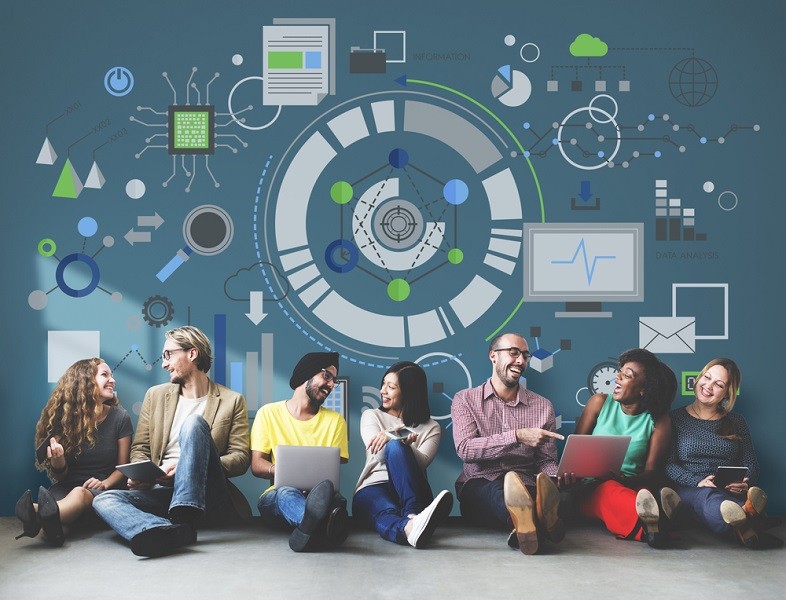
Why Technology Shapes the Way We See Culture and Politics Today
Josh Shear – We wake up to notifications, scroll through feeds before breakfast, and often fall asleep with a screen still glowing in our hands. This level of connectivity is unlike anything humanity has experienced before. It is exciting, overwhelming, and sometimes exhausting. Technology shapes has blurred the lines between our personal lives, politics, and culture. What used to be private conversations now become public debates on social platforms. What was once local culture can become global overnight through a viral video. And in politics, a single tweet can shift narratives faster than newspapers or television ever could.
Politics has always relied on communication, but technology has made the conversation more immediate and less filtered. Social media allows politicians to bypass traditional journalism, speaking directly to the public. That directness feels raw and authentic, but it also raises questions: what happens to fact-checking, nuance, and context?
At the same time, citizens can respond instantly, challenging leaders in real time. That’s both empowering and chaotic. Sometimes, the loudest voices drown out the thoughtful ones. Still, this instant feedback loop is changing the way governments engage with their people.
Culture used to spread through word of mouth, books, or television. Now, algorithms decide much of what we see. A new song, a meme, or even a social movement can gain global recognition because an algorithm decided it was worth boosting.
This raises interesting questions. Are we truly experiencing culture, or just what tech companies decide is “engaging” enough for our feeds? On one hand, this democratizes culture—anyone with a smartphone can share their art, voice, or perspective. On the other, it makes us vulnerable to echo chambers where we only see ideas that confirm our beliefs.
On a personal level, technology has changed how we manage our days. Calendars sync across devices, smart assistants remind us of appointments, and digital payments make shopping nearly invisible. Life is more efficient, yet also more fragmented.
There’s beauty in the convenience—ordering food with a swipe, calling loved ones across continents without worrying about phone bills. But there’s also a cost. Constant alerts make it harder to slow down, reflect, and simply “be” in the moment.
Technology doesn’t just change us—it reflects us. The things that go viral online often highlight our collective interests, fears, and humor. Politics online reflects polarization, but it also reflects a deep desire for connection and change.
In many ways, the internet is like holding a mirror up to society. Sometimes we like what we see. Sometimes it’s uncomfortable. But either way, it shows us who we are becoming.
Read More: Orlando Local Politics and Community Updates
As someone who spends a lot of time thinking about culture, media, and politics, I find myself constantly wrestling with these shifts. Technology excites me because it allows for creativity, connection, and access to ideas I might never have encountered otherwise. But I also see its darker side the polarization, the distractions, the constant noise.
Like many people, I am still learning how to balance it. When to embrace the connectivity and when to unplug. When to share an opinion and when to simply listen. These decisions shape not only our individual lives but also our collective culture.
Technology is not just a tool we use—it is a force shaping how we live, how we govern, and how we understand each other. The intersection of politics, culture, and media is no longer something happening “out there.” It’s happening on our phones, in our homes, and in our everyday choices.
The challenge, and the opportunity, is to navigate this digital age with awareness. To recognize both the benefits and the pitfalls. To stay connected without losing ourselves. And to remember that behind every screen, there is still a human story waiting to be heard.
This website uses cookies.